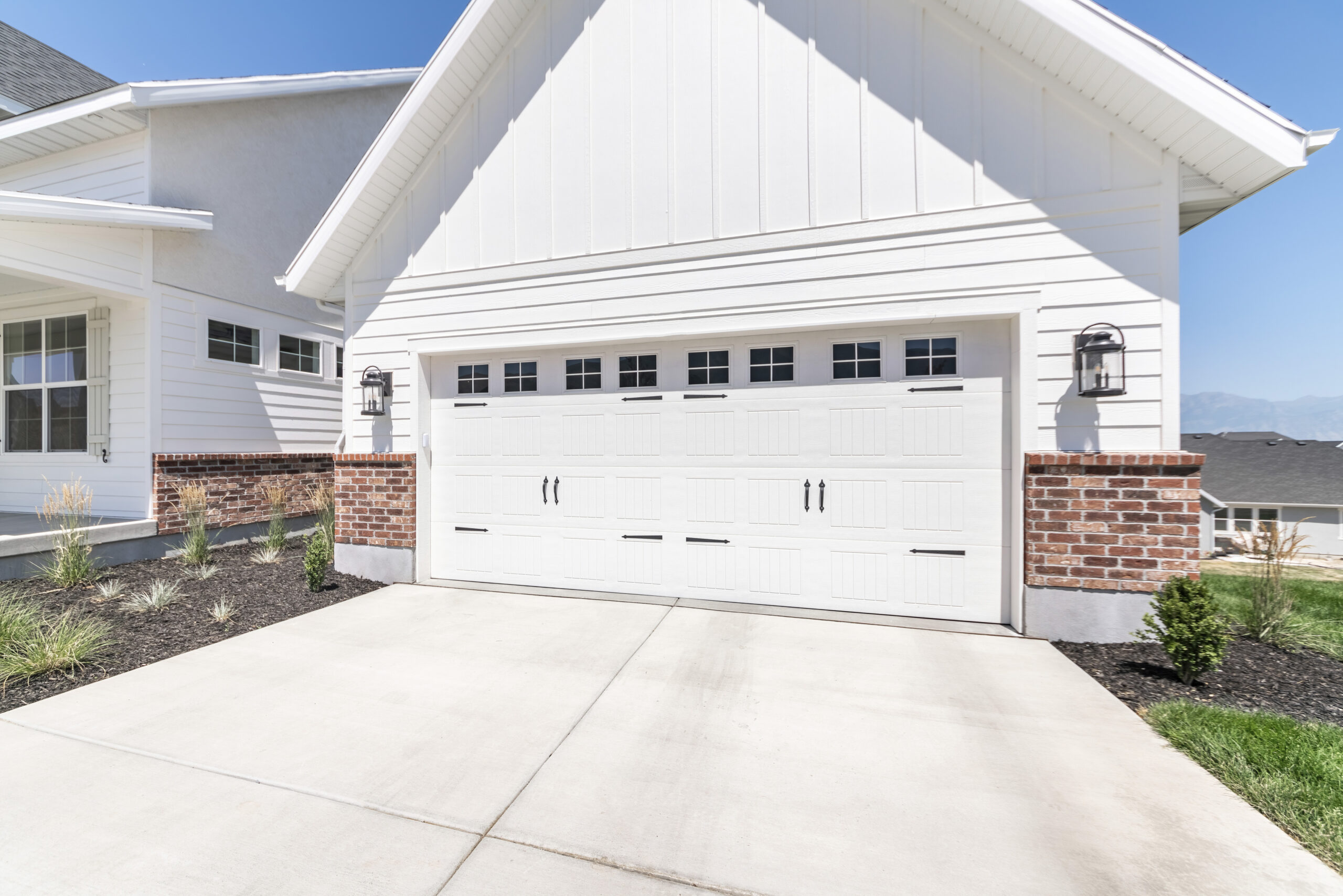The modern garage has evolved from a simple car storage space to a multifunctional area that often serves as a workshop, storage facility, or even a home gym. However, garages typically consume significant energy and generate considerable waste. Transforming your garage into an eco-friendly space not only reduces your environmental footprint but can also lead to substantial cost savings over time. This article explores practical sustainable garage practices and green garage upgrades that can make this often-overlooked space more environmentally responsible.
Energy-Efficient Lighting Solutions
One of the simplest yet most effective green garage upgrades involves revamping your lighting system. Traditional incandescent bulbs consume excessive electricity and require frequent replacement. Switching to LED lighting can reduce energy consumption by up to 75% while providing better illumination for your workspace. Motion sensors are another valuable addition, ensuring lights activate only when the space is in use. For an even more sustainable approach, consider installing skylights or window replacements that maximize natural light during daytime hours, minimizing the need for artificial lighting altogether. The initial investment in energy efficient garage lighting solutions typically pays for itself within one to two years through reduced electricity bills.
Insulation and Climate Control
Many garages lack proper insulation, resulting in temperature extremes that affect not only comfort but also energy efficiency. Insulating your garage walls, ceiling, and especially the garage door can dramatically reduce heat transfer, keeping the space cooler in summer and warmer in winter. This sustainable garage practice is particularly important if your garage shares walls with your home, as temperature fluctuations can affect your overall home energy efficiency. Weather stripping around doors and windows prevents drafts and further enhances insulation effectiveness. For garages that double as workshops or living spaces, consider energy-efficient heating and cooling solutions like ductless mini-split systems rather than energy-intensive portable heaters or window air conditioners.
Renewable Energy Integration
Taking your eco-friendly garage to the next level might involve harnessing renewable energy. Solar panels installed on the garage roof can generate clean electricity to power your garage lighting, tools, and even contribute to your home’s overall energy needs. For detached garages, solar power offers an excellent alternative to running expensive underground wiring from your main electrical panel. Some homeowners have found success with small-scale wind turbines in suitable locations, providing complementary power generation when solar production decreases. As experts at AskHomey point out, properly sizing renewable systems for your specific needs is crucial for maximizing return on investment while minimizing environmental impact.
Sustainable Flooring Options
Traditional concrete garage floors often contain high-carbon materials and may deteriorate over time, requiring resource-intensive replacements. Consider upgrading to more sustainable flooring options like polished concrete sealed with low-VOC (Volatile Organic Compound) sealers, which improve durability while reducing harmful emissions. Recycled rubber flooring provides excellent durability and comfort underfoot, making it ideal for workshop areas. For those seeking the ultimate green garage upgrade, permeable pavement systems allow rainwater to filter through the surface and recharge groundwater rather than contributing to stormwater runoff and potential flooding issues.
Responsible Waste Management
Garages often become collection points for household hazardous waste like paint, automotive fluids, and batteries. Implementing proper storage and disposal practices is a fundamental sustainable garage practice. Designate clearly labeled containers for different waste streams, including recyclables, hazardous materials, and items suitable for donation. Install a workbench with integrated sorting systems to make responsible waste management convenient during projects. Many communities offer periodic hazardous waste collection events, so create a calendar reminder to participate rather than allowing these materials to accumulate indefinitely.
Water Conservation Systems
Water usage in garages primarily relates to cleaning activities and, in some cases, gardening. Installing a rainwater harvesting system connected to your garage roof can provide free water for washing vehicles, cleaning tools, and watering plants. Simple rain barrels offer an entry-level solution, while more sophisticated systems can include filtration components. For cleaning needs, consider using biodegradable, phosphate-free cleaning products that won’t harm the environment when rinse water enters the watershed.
Eco-Friendly Storage Solutions
Organizing your garage with sustainability in mind involves selecting storage systems made from environmentally responsible materials. Choose shelving and cabinets constructed from recycled materials, sustainably harvested wood, or repurposed items. Avoid plastic storage containers when possible, opting instead for metal, glass, or natural fiber alternatives that offer greater durability and recyclability at the end of their useful life.
For more tips and to connect with reliable home service professionals, follow AskHomey on Facebook and Instagram.



